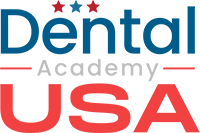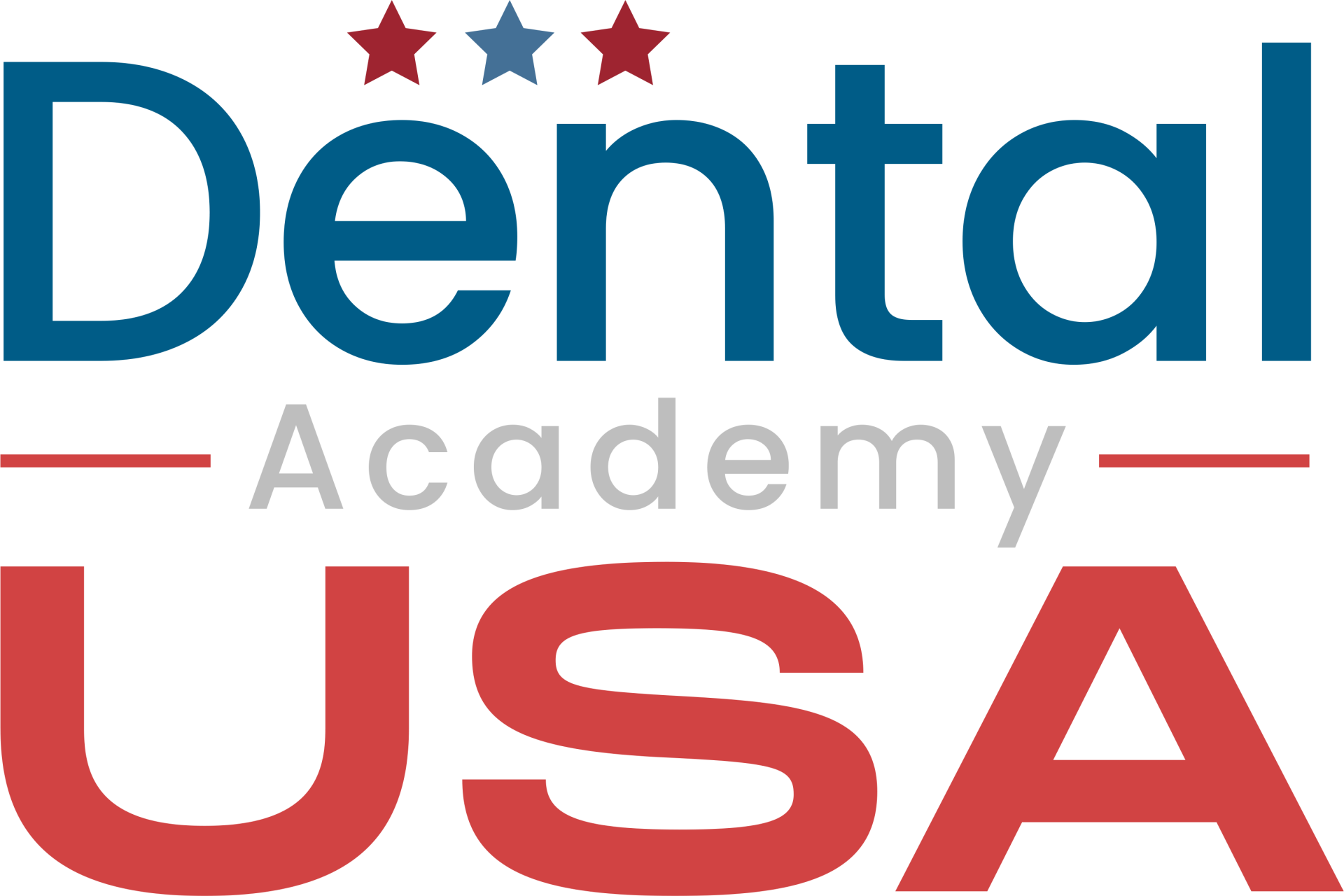For dentists preparing to revalidate their diplomas and practice in the United States, understanding the differences between the INBDE, State Board, and Regional Board is crucial. Each of these elements plays a specific role in the certification and dental practice process. Let's explore what each one represents and how they impact your professional journey.

The INBDE is a comprehensive national exam that assesses your dental skills and knowledge. It replaces the NBDE Part I and Part II exams and is a requirement for most dentists trained outside the US. The INBDE's purpose is to test your knowledge in practical situations and theory, ensuring you're ready to provide high-quality care.
Each US state has a State Board responsible for regulating dental practice within its jurisdiction. The State Board sets the requirements for obtaining a license to practice, which may include passing state-specific exams, in addition to defining ethical and professional standards. After passing the INBDE, you'll need to meet the requirements of the State Board in the state where you intend to practice.
Regional Boards are organizations that conduct clinical exams in specific regions of the US. They assess your practical skills in dental procedures. Depending on the region where you plan to work, you may need to pass a Regional Board exam to obtain the necessary license.
Understanding the role and requirements of each of these exams and boards is crucial for effective planning and to ensure a smooth transition to dental practice in the US. Each step of the process is designed to ensure that you meet the high standards of the profession, providing safe and competent care to your future patients.
For more detailed information on these exams and boards, be sure to check out our explanatory video. Prepare properly and take the first steps towards a successful career in American dentistry!
We are here to help you on your professional journey.


